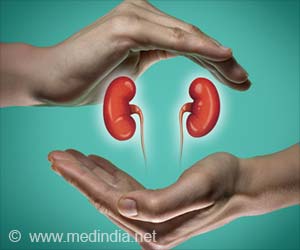Analyzes ethics of self-experimentation, using Halassy's virotherapy case to discuss autonomy, risks, and societal implications.

- Self-experimentation has driven breakthroughs like Barry Marshall's Nobel Prize-winning research
- Ethical concerns arise from risks, lack of oversight, and societal harm
- Regulation is essential to ensure responsible innovation in science
Is it ever OK for scientists to experiment on themselves?
Go to source).
Autonomy and Reasonable Risk in Self-Experimentation
The principle of informed consent can be considered as the key method of protecting participants from risks of experimental interventions. Using knowledge already acquired in her field of specialty as a virologist, Halassy did an informed self-assertion by imbuing experimental treatment. Still, not all the self-experimenters have the proper knowledge, which is a problem of risk-taking inside biohacking subcultures.Self-experimentation led to Nobel Prize discoveries but also poses ethical and safety challenges. #selfexperimentation #medicalethics’
Nonetheless, deciding on ‘reasonable risk’ is anything but if the experimental treatment is still in its pilot stage or if the test subject stands no to knowingly benefit from the experiment. What Experimentalism, in a normal way, involves only one person, in Marshall’s study, great results can be achieved.
Potential Harm to Others
Although fictional portrayals like The Fly exaggerate risks, self-experimentation can lead to real-world harms:Influence on Others: Majority of such patients may decide to neglect orthodox treatment modalities in favor of such procedures.
Adverse Publicity: Society always(features) a certain level of trust towards scientific research, but lethal experiments decide this trust.
Experimental use of oneself can be both ethical and advantageous if several factors are met; including consent by the researcher, something resembling minimal risk which is in turn reasonably controlled, as well as a form of oversight. However, the opportunity falls short of analyzing societal effects or potential negative consequences, which all speak to the need for regulation. But this is a fortunate result of Halassy's self-experimentation; not all staphylococcal infections will have such a happy ending. There must be ethical supervision in order to put innovation in check and make sure they are responsible for their creations.
- Is it ever OK for scientists to experiment on themselves? - (https://blog.practicalethics.ox.ac.uk/2024/11/is-it-ever-ok-for-scientists-to-experiment-on-themselves/)
Source-Medindia









